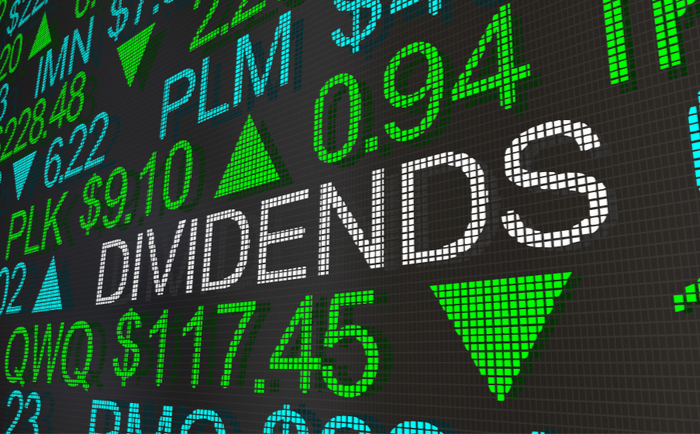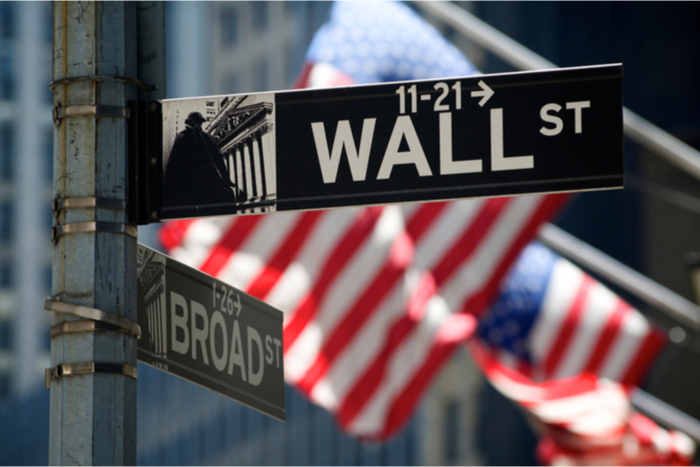Dividends are coming back. That is the prediction at least of one piece of research after the pandemic caused hundreds of companies to cut their payouts. But boards are likely to be considering the ethical position of their dividends, not just whether they can afford them.
Peel Hunt, an investment bank, says the rate at which dividends have been cut has slowed and a significant number of companies are now either “extremely likely” or “likely” to pay out an estimated £32.7bn in total between now and June 2021.
Among the 158 companies “extremely likely” to pay out are 44 FTSE 100 companies, which could distribute as much at £18bn, with FTSE 250 companies accounting for £1.5bn, AIM £128m and Small Caps £137m.
According to Peel Hunt analysts, many companies have seen a “bounce back”. Clyde Lewis, deputy head of research, says many companies have seen performance that did not live up to the “Armageddon” forecast in many quarters. “The worst case scenarios haven’t played out,” he says.
But the calculation of paying a dividend is about more that financial performance. Boards who have taken government money to furlough staff, government loans and tax deferrals will be considering whether a dividend is appropriate.
“Some companies are definitely having that debate,” says Lewis. “And we’ve already seen a number of companies that have announced that they are repaying that furlough money; again, reflecting that conditions have been better than they thought and feel a moral duty to repay that furlough cash.”
Dividend payouts are likely to depend on sector. Peel Hunt’s analysis shows mining, utilities, consumer and healthcare are likely to offer the biggest payouts; travel and leisure the weakest.
“A lot of dividends were cancelled in March, April, May and June because of a fear of how tough it was going to get. Things have obviously not got as bad as it could have done in term of worst case scenarios,” says Lewis.
‘Resetting’ dividend payouts
The news will come as a relief to investors who rely on income from dividends but may also mark a change in mindset for the boards of companies hit hard by the economic impact of the pandemic and lockdown.
Boards moved to cut dividends so they could protect their balance sheets as business came to a grinding halt due to Covid-19. There was broad agreement that “moral’ obligations meant that as employees faced furlough or lost jobs, companies should act prudently to protect cash.
There was also regulatory pressure. Cutting dividends was a condition of some government support, while the Bank of England cautioned banks to cut dividends in April at the height of the coronavirus crisis, with investors offering support to companies who brought a halt to payouts. Indeed, the Investment Association, a trade body for asset managers, said investors expected boards to take a “long-term approach”.
The UK saw dividends slashed by a “dizzying” £22bn in the second quarter of this year, on a headline basis. The quarter saw 176 companies cut their payouts, or three-quarters of the companies expected to pay in Q2.
Analysts Link Group estimate that 2020 could now see dividend payouts down by a total of 39% to £60.5bn, compared with £98.5bn in 2019, though they concede last year was exceptional.
Susan Ring, chief executive of corporate markets at Link Group, says companies have used the payment hiatus to “reset” their dividends at a “lower, more sustainable level”. To some extent, she says, “companies in 2020 are also ensuring they try to make good use of a crisis”.
While many companies have fared better through the pandemic than the most dire predictions, paying dividends remains a calculation based not only on affordability but whether it is the right thing to do in the current environment. It means many tricky discussions for boards to come.





